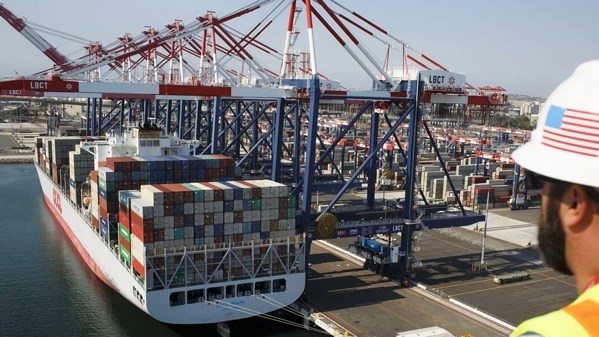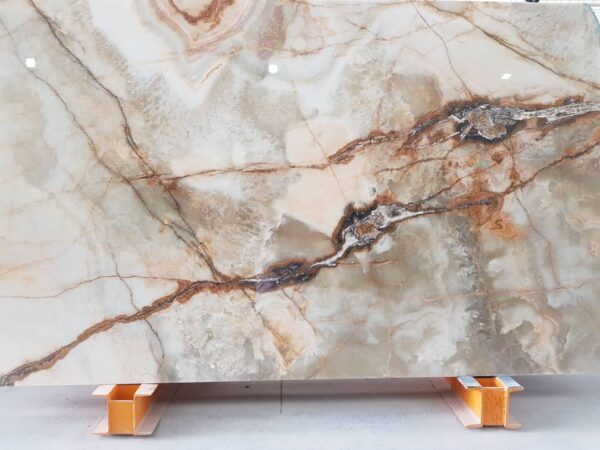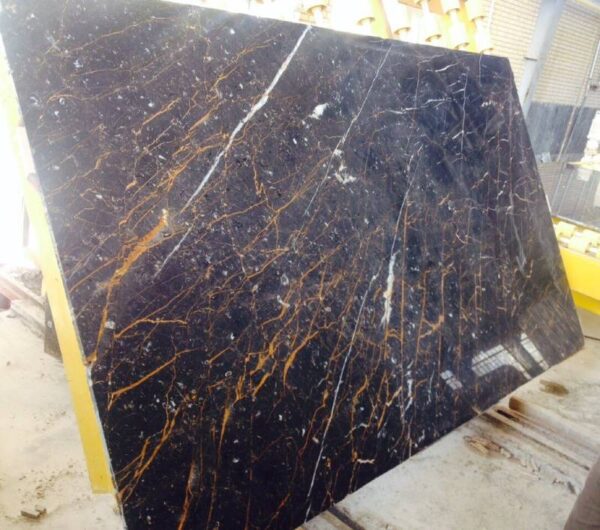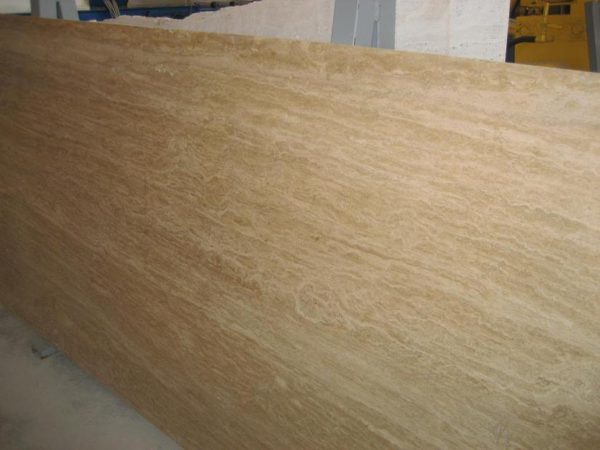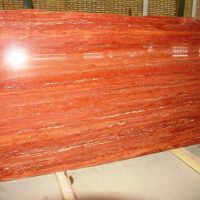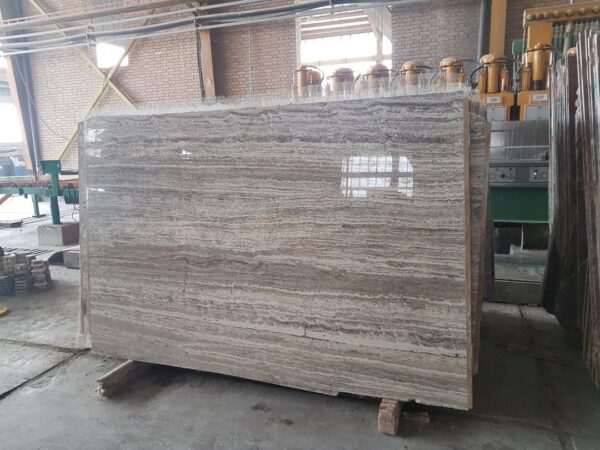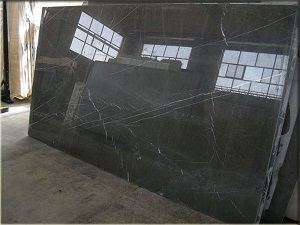A Global Market Guide
Natural stones are a significant part of the global export market, valued for their beauty, durability, and versatility. From construction and architecture to interior design, the demand for high-quality stones continues to rise worldwide. Whether you are in the business of exporting marble, granite, limestone, or other natural stones, understanding the best stones for exporting can help ensure success in this competitive market.


Why Export Natural Stones?
1. Global Demand for High-Quality Stones
Natural stones are a premium material used in various industries, including construction, interior design, and landscaping. Many countries, especially those lacking local resources, heavily rely on imported stones for luxury projects. Exporters of natural stones can tap into a vast, lucrative global market by supplying premium-quality stones to regions where demand is strong.
2. Durability and Versatility
Natural stones are renowned for their strength, resilience, and timeless beauty. These qualities make them ideal for a wide range of applications, including countertops, flooring, and decorative elements. This versatility, combined with the aesthetic appeal of natural stones, makes them highly sought after in international markets.
Best Stones for Exporting
1. Marble: A Classic Choice for Luxury Projects
Marble is one of the most popular natural stones in the export market. Known for its elegance and wide variety of colors, marble is a top choice for high-end architectural and interior design projects worldwide.
Why Export Marble?
- Timeless Beauty: Marble’s unique veining and natural patterns make it a popular material for luxury homes, hotels, and commercial spaces.
- Wide Range of Applications: From countertops and flooring to sculptures and monuments, marble’s versatility and luxurious appeal make it a top export.
- Popular Export Destinations: Countries like the United States, the United Arab Emirates, and China are leading importers of marble, seeking high-quality stones for large-scale construction and interior design projects.
2. Granite: Durable and Versatile
Granite is another popular stone in the export industry, known for its durability and resistance to wear and tear. Available in a wide range of colors and patterns, granite is ideal for both interior and exterior applications.
Advantages of Granite for Export:
- High Durability: Granite is resistant to scratches, heat, and stains, making it a top choice for countertops, flooring, and outdoor projects.
- Versatility: Its robustness allows it to be used for a variety of purposes, from kitchen countertops to heavy-duty outdoor pavements.
- Top Markets: The United States, Germany, and Canada are some of the biggest importers of granite, as demand for durable building materials remains high.
3. Limestone: A Natural Choice for Construction
Limestone is widely used in construction and architectural design due to its natural beauty and durability. It is often exported to countries looking for environmentally friendly building materials.
Why Choose Limestone for Export?
- Eco-Friendly: Limestone is an eco-friendly option, commonly used in green building projects.
- Popular in Construction: Its ability to blend seamlessly with both modern and classic architectural designs makes it a preferred choice for buildings, facades, and decorative structures.
- Export Hotspots: The Middle East, Europe, and the United States are key markets for limestone exports, where demand for sustainable construction materials is growing.
4. Travertine: A Trending Stone for Interiors
Travertine, a form of limestone, is highly prized for its unique, earthy appearance. It is commonly used in flooring, countertops, and bathroom installations, offering a natural yet luxurious look.
Benefits of Travertine:
- Distinct Aesthetic: Travertine’s naturally porous texture and warm, neutral colors make it a popular choice for modern interior design.
- Growing Demand: The demand for travertine is growing in regions like Europe, North America, and the Middle East due to its use in luxury residential projects.
- High Market Value: Travertine is considered a premium material and commands high prices in international markets.
Factors to Consider When Exporting Natural Stones
1. Quality Control
Maintaining high quality is essential for success in the natural stone export business. Ensure that each batch of stone meets the specific requirements of the destination market, including size, finish, and durability.
2. Packaging and Transportation
Natural stones are heavy and can be easily damaged during transport. Proper packaging with protective materials and secure crating is crucial for ensuring that stones arrive intact.
Buy Iranian stone – How to buy stone from Iran stone exporter companies
3. Customs and Import Regulations
Different countries have specific regulations and standards for importing natural stones. It is vital to understand the legal and technical requirements of the importing country to avoid delays or rejections at customs.

